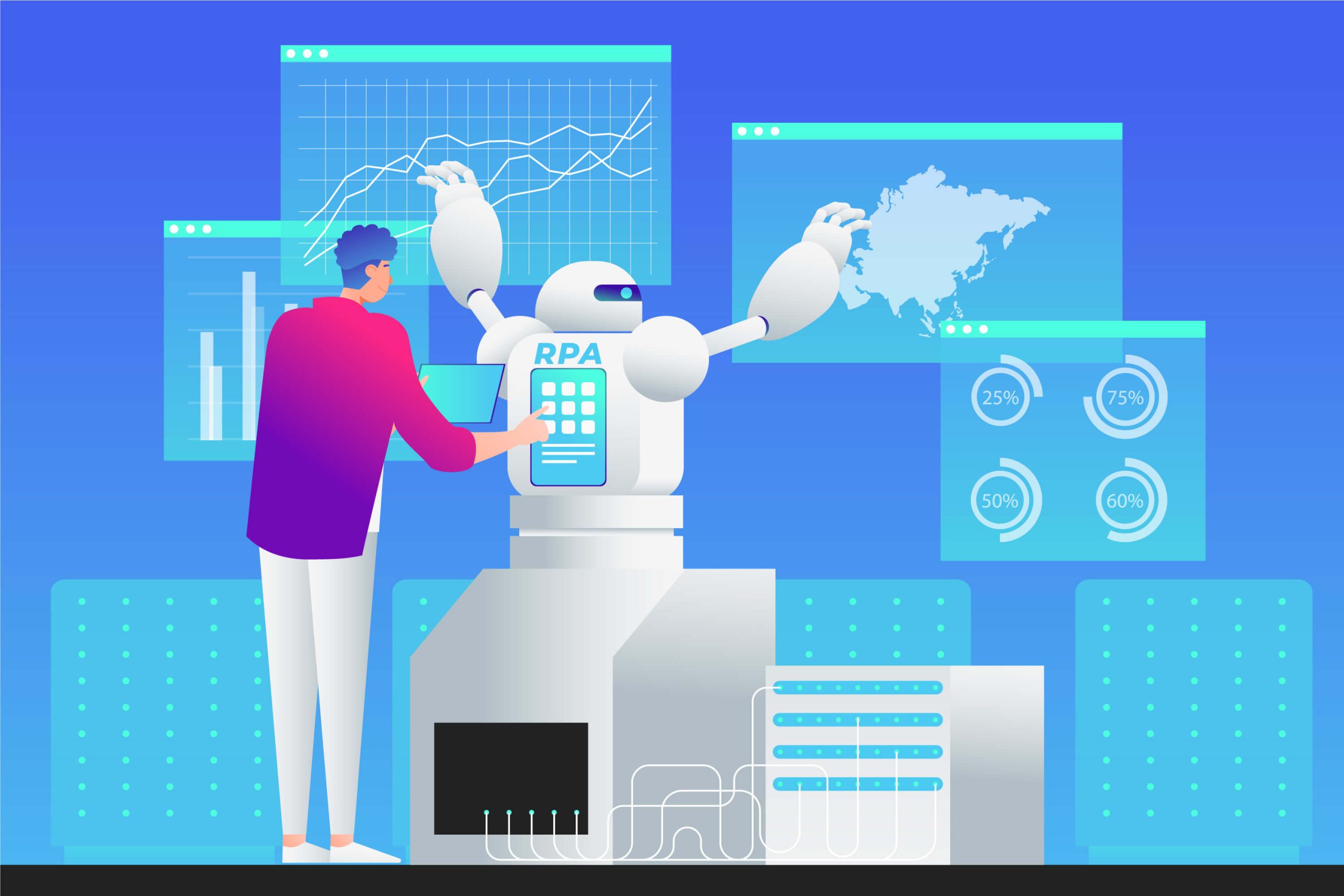The concept of Artificial General Intelligence (AGI) has now been put in the status of the holy grail of modern technology, yet the debate about whether or not AGI is an inevitability or a far-fetched future is the most debated topic in technology. GI is a hypothetical machine capable of acquiring knowledge, including inference and ANI, as well as performing all tasks, including those of a human. This contrasts radically with narrow AI deployed today that is highly specialized in a particular task, whether that be chess playing or unchecked text generation.
The road to AGI is a journey that makes progress undeniable, yet the problems are becoming daunting and unsolved. Which point of the side of the argument is more solid? These are the details:
The Case for Inevitability: The Accelerating March of Progress
The most convincing reason why AGI is unavoidable is the rapid rise we are seeing.
- Moore’s Law on Steroids: Whereas Moore’s Law is tapering off with regard to transistor performance, computational power to train large AI models is soaring again. Researchers note that the computing used in the largest AI training runs doubles approximately every 612 months. This brute computing force is being fused with huge datasets, which is making a formidable instrument of intelligence.
- Algorithmic Breakthroughs: The breakthroughs in deep learning, including the transformer architecture in particular, have obliterated past beliefs as to what machines could do. These models have demonstrated a rather unexpected capability to learn and transfer knowledge to other fields, such as writing poems as well as coding. This is an indication that we are perhaps on the threshold of finding out more underlying, generalizable algorithms of intelligence.
- The “Turing Complete” Argument: On a theoretical front, it is conceivable that the human brain is just a physical system whose workings give rise to intelligence, and that computers are universal simulators, and hence there is no physical law that interprets a prohibition of replicating or even exceeding human intelligence. It is, in a sense, a complex engineering challenge, and history has proven humans very capable of solving the latter.
Various high-profile AI researchers, tech executives, and futurists have gone on record to express their opinions that AGI might be imminent. While previous forecasts have regularly been inaccurate, there has been an increased rate of change that has prompted many to dramatically accelerate their forecasts.
Surveys by experts on AI favor a 50 percent probability of an AGI being attained within 2040–2050, with some of the more optimistic figures projected by industry leaders indicating it may not take until 2029 to achieve it.
To see how technology is already being applied to real-world solutions, read our blog on real-time patient monitoring systems and IoT integration.
The Case for a Distant Dream: The Unsolved Mysteries
While the “inevitability” argument is compelling, it glosses over several fundamental hurdles that remain unsolved. These are not just engineering problems; they are conceptual and philosophical.
- The “Hard Problem” of Consciousness: We can talk about simulating the brain’s functions, but we have no idea how to create subjective experience, sentience, or self-awareness. It’s a fundamental mystery of biology and philosophy that may not be solvable with a purely computational approach. Some argue that without consciousness, AGI is merely a sophisticated imitation, not a true intelligence.
- The Common Sense Problem: Modern AI models feature a massive knowledge base, but they are not endowed with common sense. They have difficulties with basic human-level reasoning regarding the physical world, causality, and social interactions. To use an example, an AI is cognizant of the fact that a car is a vehicle, but it does not necessarily and inherently know that a car has the need to run on fuel or that a flat tire means that it cannot move. That sort of intuitive knowledge is entrenched in humans, and it is proving extremely hard to codify or teach the same to machines.
- The Problem of Embodiment: Some researchers argue that true general intelligence is inseparable from a physical body and its interaction with the real world. Our mentality is based on our physical perceptions—how it feels when we fall, when we take a thing in our hands, or when we move about in a room. An artificially generally intelligent world may always have an existential and fundamental handicap insofar as it lacks the embodied knowledge that comes with a fundamentally embodied existence.
A More Nuanced View: From AGI to “Gaps” in Intelligence
Perhaps the debate between “inevitability” and “distant dream” is a false dichotomy. Instead of a single “eureka” moment where a self-aware AGI is born, we may be on a path of continuous, iterative progress.
The most probable outcome is that there will still be more and more broad and competent systems, but these will not be able to be called truly intelligent in certain aspects. The goalposts of AGI can change, and that term may someday be used to designate an AI that has filled in the great majority of human-like reasoning gaps, but not all of them.
Conclusion
Whether AGI is just a matter of time or an impossible dream, the quest to find it will be the impetus behind some of the most important technological advances of our current era. It is already transforming industries with tools that we are getting on the journey, be it personalized medicine or self-driving cars.
The debate is less about a final destination and more about the nature of intelligence itself. The “inevitable” side sees intelligence as a solvable computational problem. The “distant dream” side believes it is something more. The truth likely lies somewhere in the middle, in a world where we continue to build increasingly capable AI that challenges our very definition of what it means to be intelligent. Partnering with an AI development company can help you achieve that distant dream and can help your business achieve the ambitions that you have envisioned.

Leave a Reply